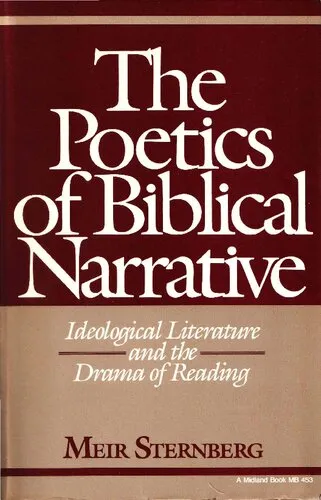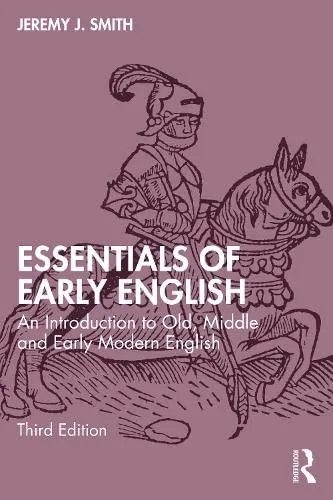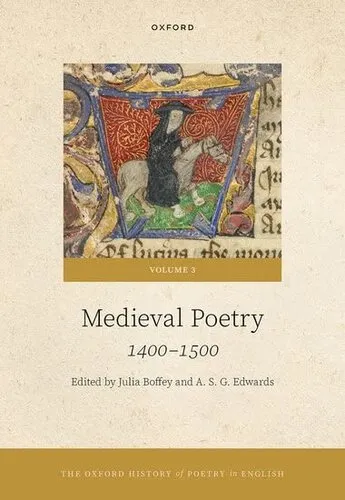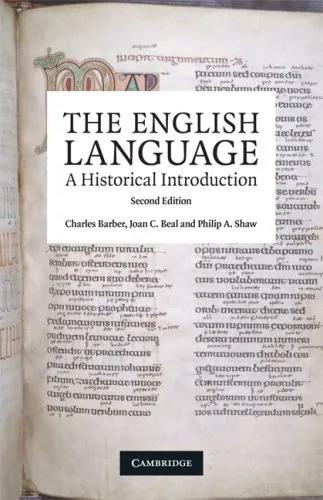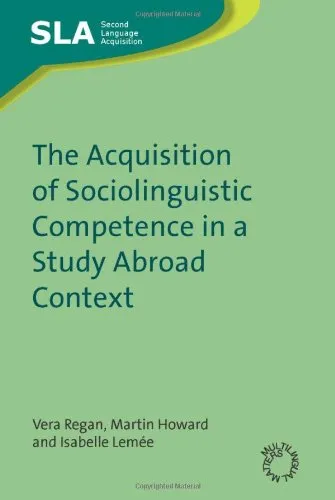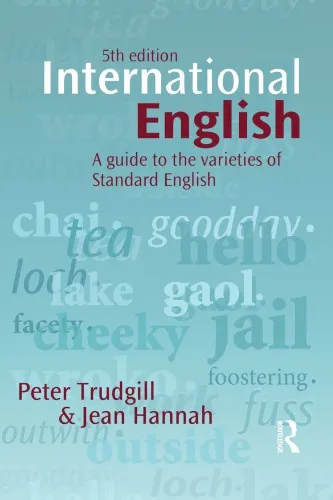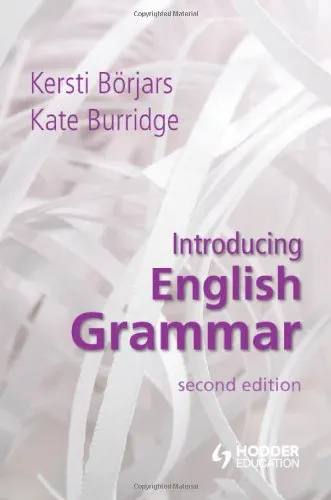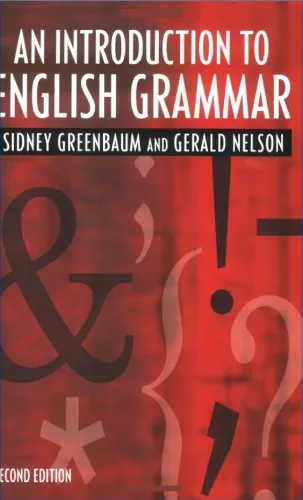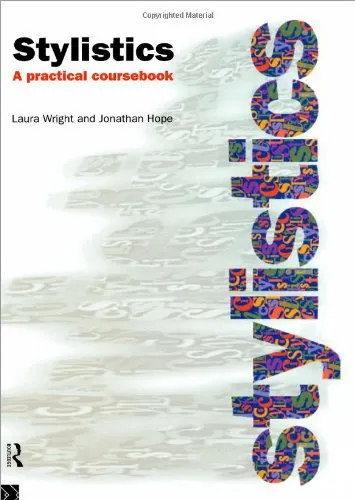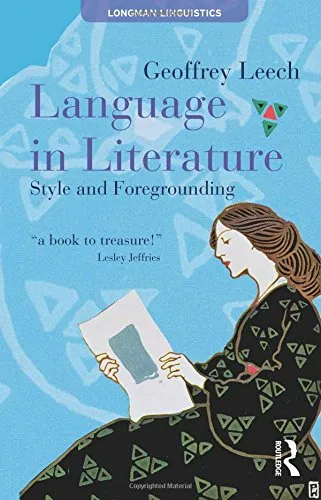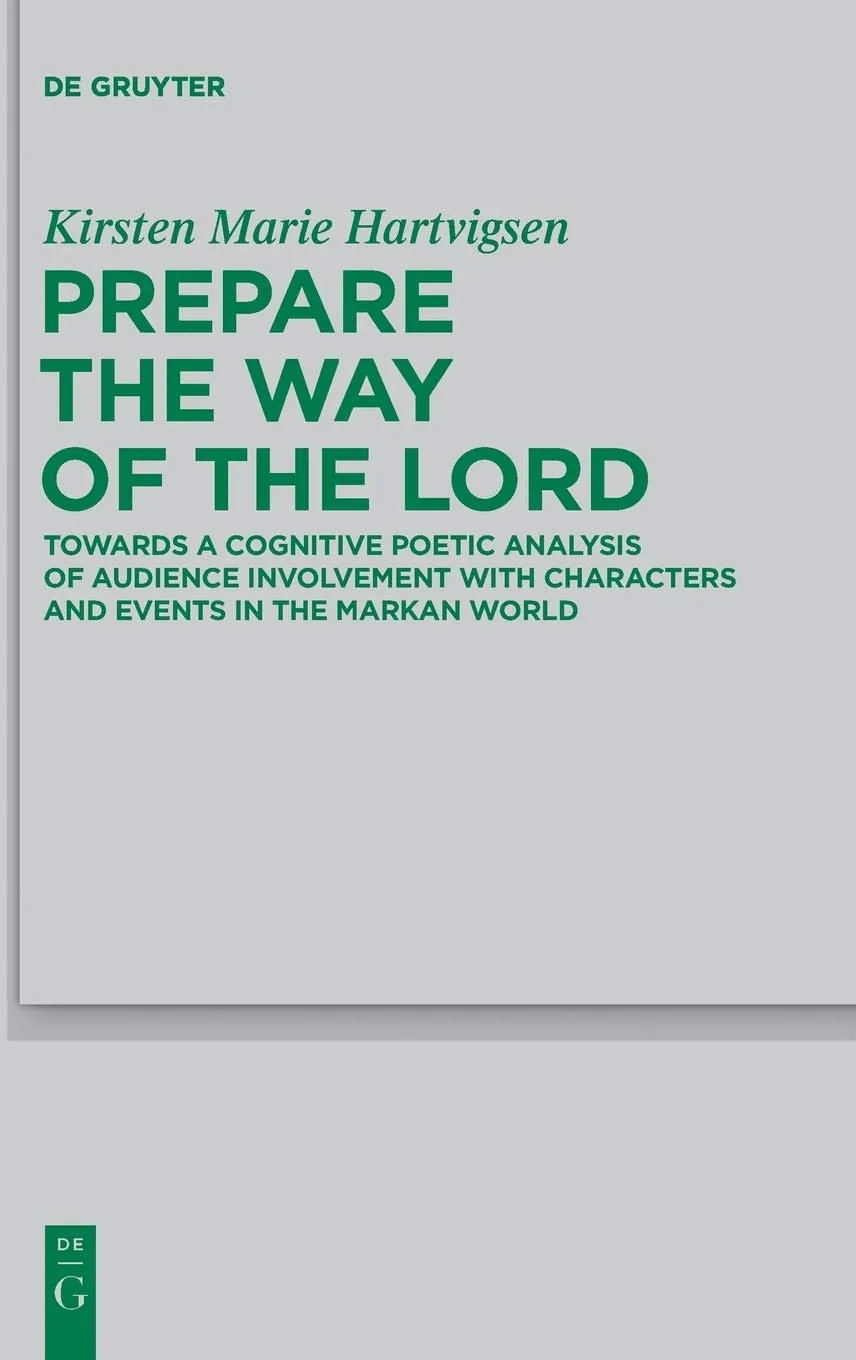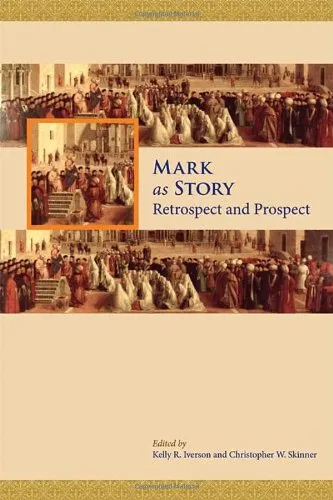The Poetics of Biblical Narrative: Ideological Literature and the Drama of Reading
4.7
Reviews from our users

You Can Ask your questions from this book's AI after Login
Each download or ask from book AI costs 2 points. To earn more free points, please visit the Points Guide Page and complete some valuable actions.Related Refrences:
Introduction
"The Poetics of Biblical Narrative: Ideological Literature and the Drama of Reading" is a groundbreaking contribution to the field of literary analysis and biblical studies. Written by Meir Sternberg, this seminal work revolutionizes our understanding of the Hebrew Bible by treating it as a sophisticated literary text that uses narrative techniques to achieve ideological and storytelling purposes. It invites readers into a deeply interactive experience with the text, emphasizing the ongoing drama between the implied author, the narrator, and the audience.
The book explores how the Bible's narrative artistry serves to convey its theological, ethical, and ideological messages. Sternberg meticulously analyzes the poetics—style, structure, and plot—of the biblical text, demonstrating how these aspects operate not just to tell stories but also to engage the reader in an interpretative process. Far from being a neutral or straightforward read, the Bible emerges here as a deeply dynamic and complex work, challenging its audience to grapple with ambiguity, irony, and interpretative difficulty.
Detailed Summary of the Book
At its core, "The Poetics of Biblical Narrative" argues that the Bible should be read as a unified and deeply intentional literary composition. Sternberg focuses on how the narrative structures inherent in the Hebrew Bible serve its ideological aims. Each component—from the arrangement of events to the choice of vocabulary—functions to guide the reader through a process of discovery, moral questioning, and spiritual reflection.
One of Sternberg's central themes is the concept of gaps and ambiguity in the biblical narrative. Biblical stories often leave crucial details unstated, creating tension and inviting readers to actively participate in interpreting the text. Sternberg describes this as the "drama of reading," emphasizing the reciprocal relationship between the narrative and its audience. He also examines how the Bible employs literary devices such as allusion, repetition, and foreshadowing to build coherence and enhance meaning.
The book delves into key biblical narratives, such as the stories of Abraham, Joseph, and King David, illustrating how the biblical authors create morally and ideologically complex characters. Sternberg's analysis sheds light on the Bible's use of what he calls "ideological poetics"—the use of narrative to communicate and reinforce theological principles. The reader's role, Sternberg argues, is not passive; rather, it is transformative as they engage with the moral and theological questions embedded in these texts.
Key Takeaways
- The Bible employs deliberate narrative strategies to engage readers and communicate ideology.
- Ambiguity and gaps are integral to the Bible’s storytelling, inviting audience participation in interpretation.
- Biblical characters are presented with moral and theological depth, often challenging reader assumptions.
- The structure and stylistics of the Bible work in concert to reinforce ideological and theological frameworks.
- By treating the Bible as literature, readers gain new insights into its meaning and relevance.
Famous Quotes from the Book
- "Rather than simplifying life with answers, the biblical narrative complicates it with questions."
- "The Bible is written not for easy comprehension but to invite an unending engagement with its depths."
- "Characterization in the Bible is not just a literary exercise, but a theological challenge."
- "To read a text ideologically is to enter into a dialogue between its worldview and your own."
Why This Book Matters
Sternberg’s "The Poetics of Biblical Narrative" is much more than a book about the Bible; it is a manifesto for how we read and interpret literature. It bridges the gap between literary criticism and religious thought, providing tools to understand the Bible's complexity in ways that resonate with readers of all beliefs and backgrounds. For scholars of theology, it offers profound insights into the ideological and narrative strategies of ancient Scripture. For literary critics, it is a masterclass in how to analyze narrative structure and its effects.
Its importance lies in its methodological innovations. Sternberg’s emphasis on the dynamic interaction between the implied author, the narrator, and the audience has transformed how biblical texts are read and taught. By demonstrating that the Bible is, above all, a sophisticated work of literature, this book challenges simplistic readings and encourages a more nuanced exploration of its text. It is a work that will continually provoke new thought and inspire further study, cementing its position as a cornerstone of both biblical and literary scholarship.
Free Direct Download
You Can Download this book after Login
Accessing books through legal platforms and public libraries not only supports the rights of authors and publishers but also contributes to the sustainability of reading culture. Before downloading, please take a moment to consider these options.
Find this book on other platforms:
WorldCat helps you find books in libraries worldwide.
See ratings, reviews, and discussions on Goodreads.
Find and buy rare or used books on AbeBooks.
1393
بازدید4.7
امتیاز0
نظر98%
رضایتReviews:
4.7
Based on 0 users review
Questions & Answers
Ask questions about this book or help others by answering
No questions yet. Be the first to ask!
